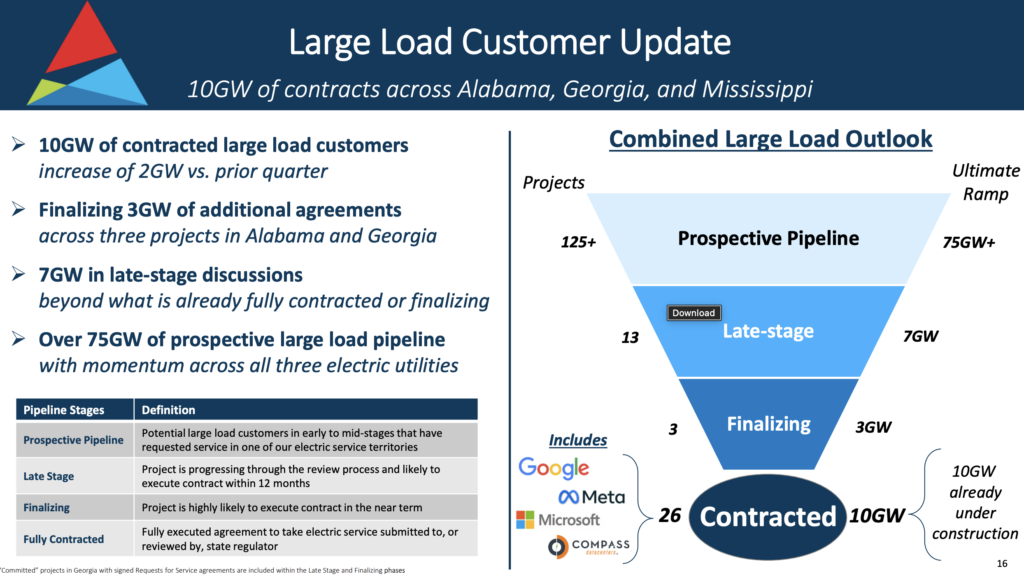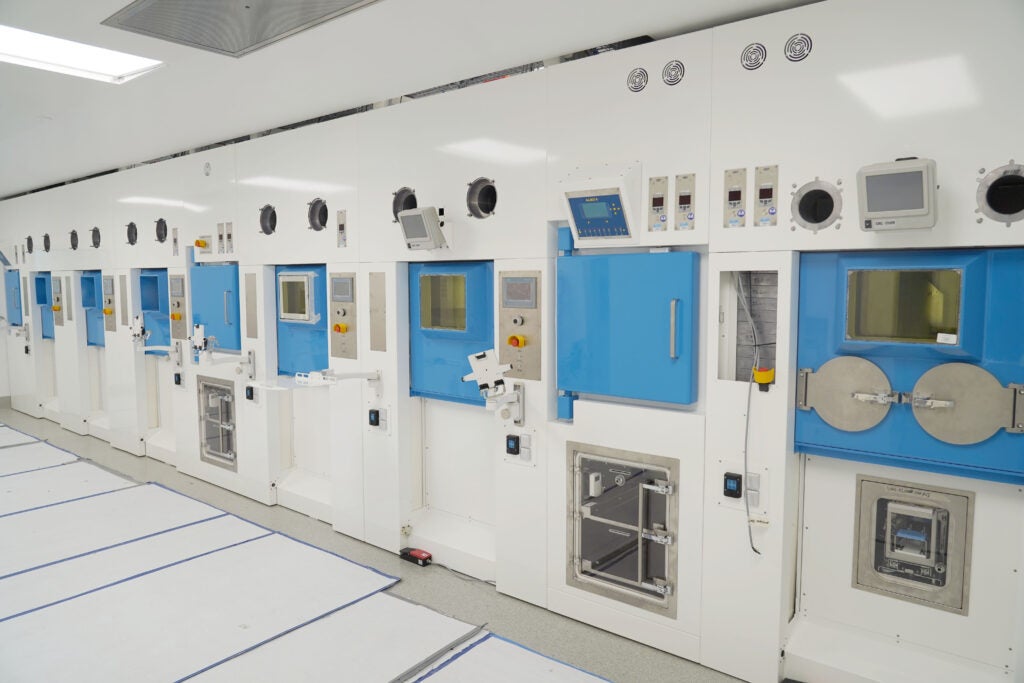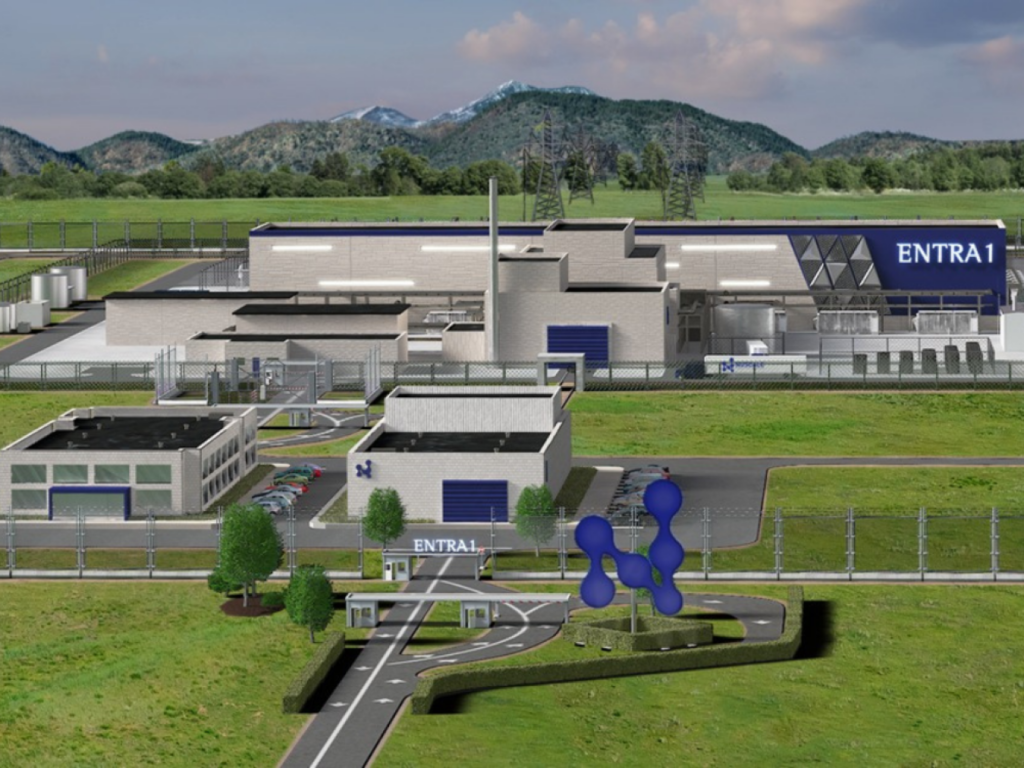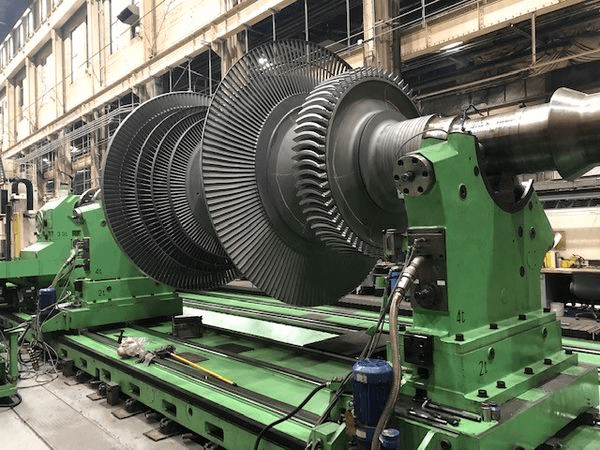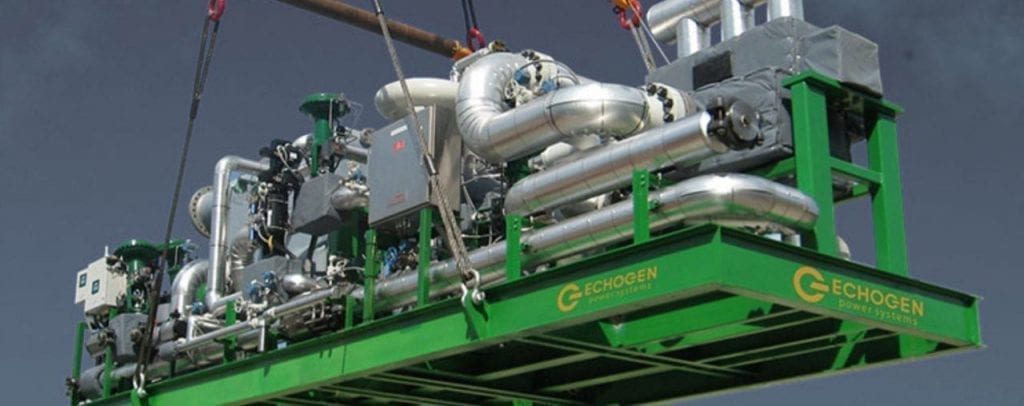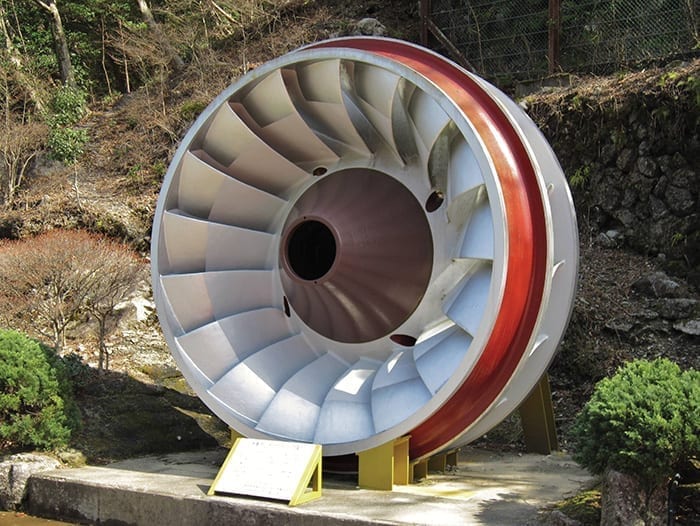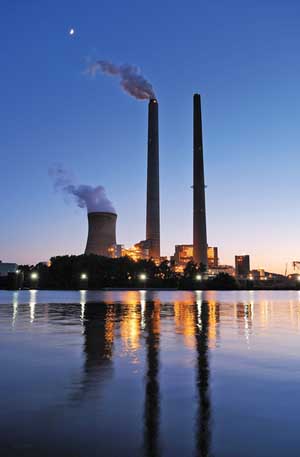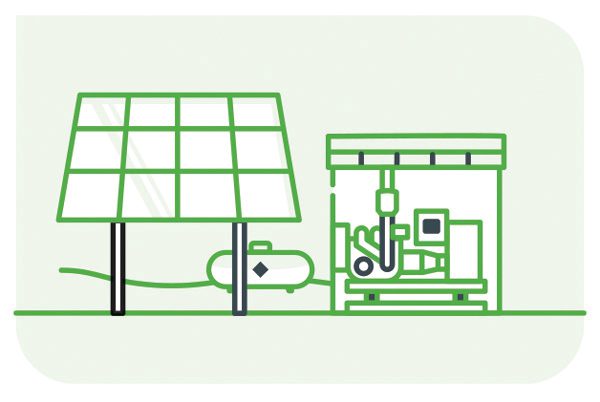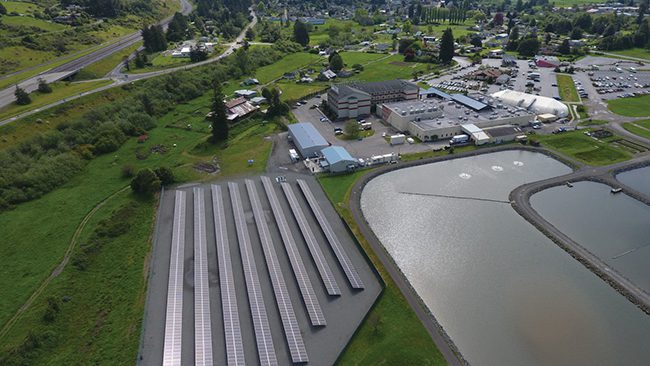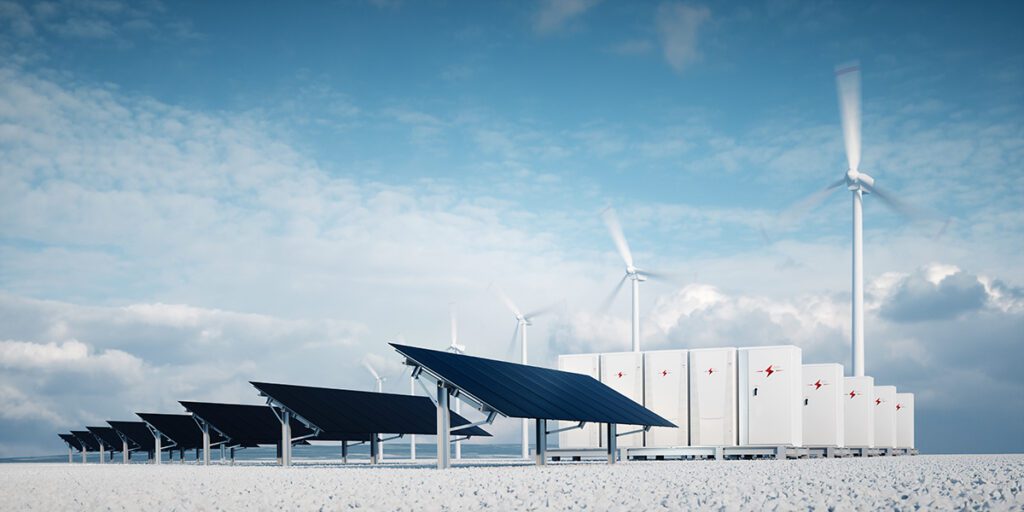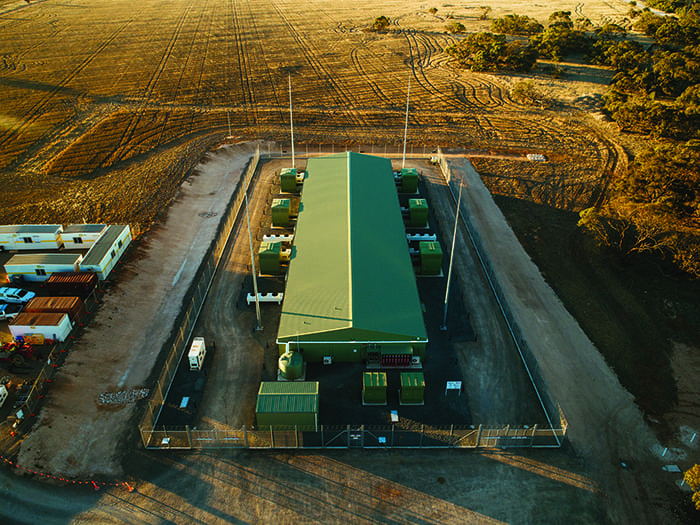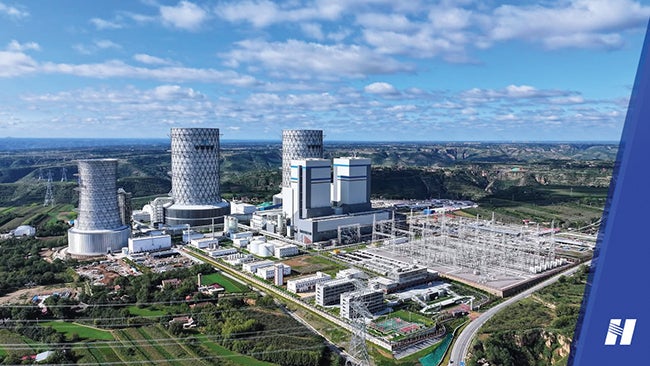Power outages have increased as the U.S. places growing demands on a century-old electric grid. In fact, the U.S. endures more blackouts than any other developed nation. And according to federal databases at the Department of Energy (DOE) and the North American Electric Reliability Corporation (NERC), the number of U.S. outages lasting more than an hour have increased steadily over the past decade.
This frequent power loss has consumers looking for alternatives. They want reliable power solutions, but they’re seeking clean equipment with a low emissions profile, too. That’s why they’re turning to propane. For those seeking resiliency, one way to achieve that is through microgrids.
A microgrid is a distributed energy system of localized energy with control capabilities that enable it to disconnect from the traditional grid and operate autonomously. Microgrids combine one or more sources of distributed energy—solar panels, wind turbines, combined heat and power (CHP), and generators—producing power and often storing that energy for a complete solution (Figure 1). These solutions are critical during sudden or planned power outages.
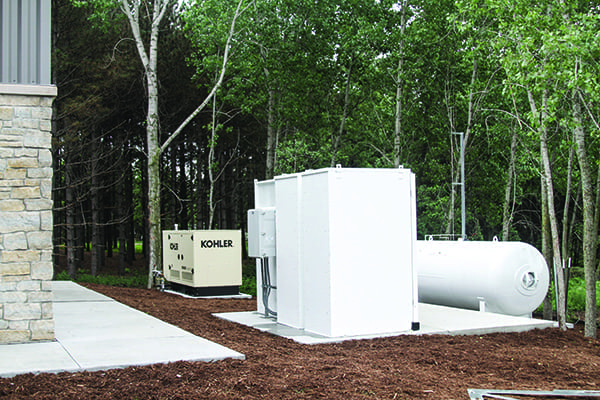
Propane offers economic and environmental benefits that make it the best low-carbon energy source for microgrids. Easily stored and transported, propane provides additional power when renewable energy resources deployed with microgrids do not perform. A recent study from the Propane Education & Research Council (PERC), The Opportunity for Propane in Microgrids, illustrates the benefits of using propane generators in hybrid microgrids. The analysis shows how propane’s performance is competitive to diesel for microgrid applications. Propane offers lower emissions, comparable levelized electricity costs, and resiliency.
Propane Is an Environmentally Friendly Energy Source
In response to the increase in power outages in the U.S., generator sales have spiked. As you might expect, sales increases have been greatest in areas ravaged with storms, coastal communities, inland tornado alleys, and particularly in places like California. For many years, diesel has been and continues to be the primary fuel used in backup generators. According to data from PERC, propane is the better option and can help lower emissions.
A new study from PERC called, Power Generation: The Emissions Shifting Problem, examines recent power generation trends, including how propane systems can offer a low-emissions, resilient solution. It also addresses how controversial public safety power shutoffs (PSPSs), implemented for mitigating wildfires in California, are partly responsible for the increase in diesel backup generator sales. The analysis reports there are several microgrids, particularly remote ones, that are supported by propane today.
In its 2021 wildfire mitigation plan report, Pacific Gas & Electric (PG&E) identified that a technology combination of solar photovoltaic (PV) and battery energy storage with supplemental propane gensets is not only the most cost effective and reliable solution for initial remote grid sites, but also the cleanest. Solar energy company BoxPower with the assistance of their generator partners is providing a solution with solar PV, battery backup, and a propane generator for remote, wildfire-prone locations in California. Instead of spending more than $1 million per mile to harden transmission and distribution (T&D) lines, in remote locations, utilities are deenergizing the T&D lines and installing microgrid solutions to avert forest fires.
There are more than 100 microgrid installations in Texas and about 61 in California. The newer microgrid systems in California still rely on diesel, but not in Texas. Replacing diesel assets with propane-powered equipment will continue to push us toward significant air quality improvement and decarbonization. Compared to diesel, propane substantially improves local air quality by mitigating nitrogen oxides and particulate matter, which are known health hazards. According to PERC, propane also emits significantly less carbon and criteria pollutants than diesel-powered generators. According to the U.S. Energy Information Administration (EIA), propane is 16% cleaner than diesel when it comes to CO2 per unit of energy.
Microgrids utilizing propane are getting even cleaner with renewable propane. Renewable propane is made from animal wastes and sustainably sourced feedstocks, including agricultural waste products, cooking oil, and meat fats. Because it’s produced from renewable feedstocks, renewable propane is even cleaner than conventional propane—and far cleaner than other energy options. Renewable propane’s chemical composition and physical properties are the same as conventional propane, which means it can be used for all the same applications without any modifications to engines or equipment. In California, the propane industry is committed to 100%-renewable sourcing by 2030.
Propane Is a Safe and Resilient Energy Source
Microgrids improve the resiliency of local electricity distribution systems; that’s one reason why they’re becoming the choice for distributed power systems. In the event of a larger-scale emergency, microgrids can “island” their service area by detaching from the main electrical grid. The microgrid continues providing electricity until the larger grid is restored.
A literal island example of how propane pairs with solar to provide power and reliable energy can be found in Puerto Rico. Companies such as Pfizer are using solar PV with battery storage and propane-powered CHP. The waste heat has replaced diesel boilers and the CHP/microgrid also powers cooling through absorption. The EIA says propane use is expected to cut generating-plant emissions by up to 20%, helping islands meet clean air standards and cutting future fuel surcharges by 30%.
Microgrid systems ultimately provide peace of mind. Propane power generation equipment used in microgrid applications keeps people safe and provides a resilient solution when power fails. Propane is an affordable energy choice capable of delivering efficient, onsite energy during power outages. Replacing diesel assets with today’s propane-powered equipment will continue to help improve air quality and facilitate decarbonization.
—Joe Calhoun (joseph.calhoun@propane.com) is the director of off-road business development at the Propane Education & Research Council. To see more of PERC’s research supporting the benefits of using propane in microgrid applications, visit Propane.com/Research.



